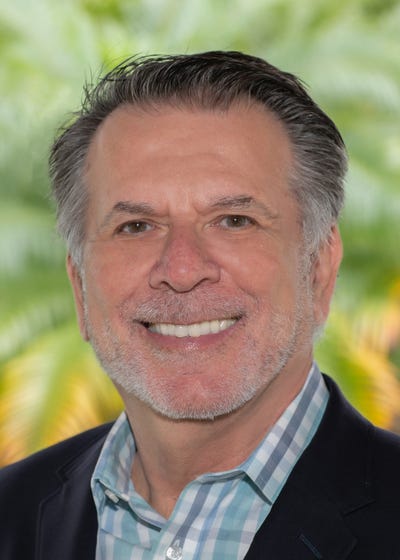Regulations and Complex Food Chain Hinder 401(k) PlansRegulations and Complex Food Chain Hinder 401(k) Plans
Yet they may also be powerful weapons.

Though more wealth advisors are interested in defined contribution plans like 401(k)s than ever, the wealth management industry, with an estimated $135 trillion, 12 times more than DC assets and 20 times more advisors, is more attractive and has significantly higher margins. DC plans are hindered by government regulations as well as a complicated food chain forcing unrelated parties to collaborate while some are also competing.
So why is there greater opportunity for RPAs and record keepers than wealth advisors and platforms?
The biggest U.S. money managers covet and dominate retirement plan assets, including Blackrock, Capital Group, SSGA, T. Rowe Price and Vanguard, because they are sticky and growing, especially if IRAs are included. When recessions or market downturns occur, DC plans are less affected.
Large RIAs like Creative Planning buying Lockton’s retirement business are leaning into the RPA market, while Mariner through Andco and Hightower via NEPC, are buying into the institutional DC market. While almost all RPA aggregators are trying to develop wealth practices, it’s because of the hundreds of thousands, if not millions, of participants in the plans they manage.
Benefit and P&C firms have been buying up RPA practices to cross-sell and integrate all benefits.
Even though it is unlikely advisors will be able to bring financial planning at scale to a significant percentage of the 97% of the estimated 80 million DC participants who do not have a personal advisor, each 1% is 78,000 prospects. And artificial intelligence promises to enable not replace advisors to profitably work with smaller accounts.
Fifty percent of all wealth is unadvised, while most HENRYs do not have an advisor, which is why Morgan Stanley’s former CEO James Gorman quipped that the workplace will become the greatest source of new assets for advisors in the next decade.
According to Cerulli, spurred by government mandates and tax credits, most of the new 401(k) plans will be small organizations. From 2021 to 2029, there will be almost 400,000 new 401(k) plans alone.
Granted, the DC food chain is complicated. Each plan needs a record keeper and asset manager, with most deploying an independent advisor or consultant. Many, especially smaller plans, work with a TPA. These unrelated parties whose interests are not always aligned must come together to deliver a seamless service, sometimes fighting over revenue in a declining zero-sum game. The days of providers like Fidelity doing everything are long gone.
But the need to partner is also a strength of the DC system. The market decides what firms are best at each service, and with the consolidation of providers, advisors, asset managers and TPAs, the survivors are stronger, and partnerships are deeper.
Though government regulations of DC plans can be hard to navigate, they eliminate pretenders who are unable to comply. As one of the only bipartisan issues, most laws are trying to enhance, not restrict, DC plans. It’s unlikely that the government will ever mandate financial planning for all, but it is likely all organizations of a certain size will be required to offer a retirement plan.
When retirement income takes off, more assets will be managed by DC providers and advisors, where guaranteed income is cheaper than in the retail world. Firms like Pontera, FutureCapital and Blooom allow wealth advisors to manage clients’ DC assets without having to roll them into an IRA.
RPAs have tighter business models than most wealth advisors, especially smaller ones, because their margins are thinner, and their practices are more complex making them more likely to not just adapt but lean into change. Wealth advisors have little motivation to dig deeper into unknown territory when they are getting what they want now.
So, while wealth practices are still valued higher than RPAs with much greater margins, RPAs with millions of participants in plans they manage, or RIAs buying into the retirement plan business, are arguably better positioned to grow than pure wealth practices.
As Henry Ford once said, “Sell to the masses, eat with the classes. Sell to the classes, eat with the masses.” So while wealth managers focus on the classes that will likely not be commoditized anytime soon, as financial advice and planning become more available through technology and AI likely at the workplace, RPAs and record keepers with access to prospects at work used to living on thinner margins are better positioned to be able to develop the “Model T” of advice for the masses while wealth managers develop faster horses and more luxurious carriages for the classes.







